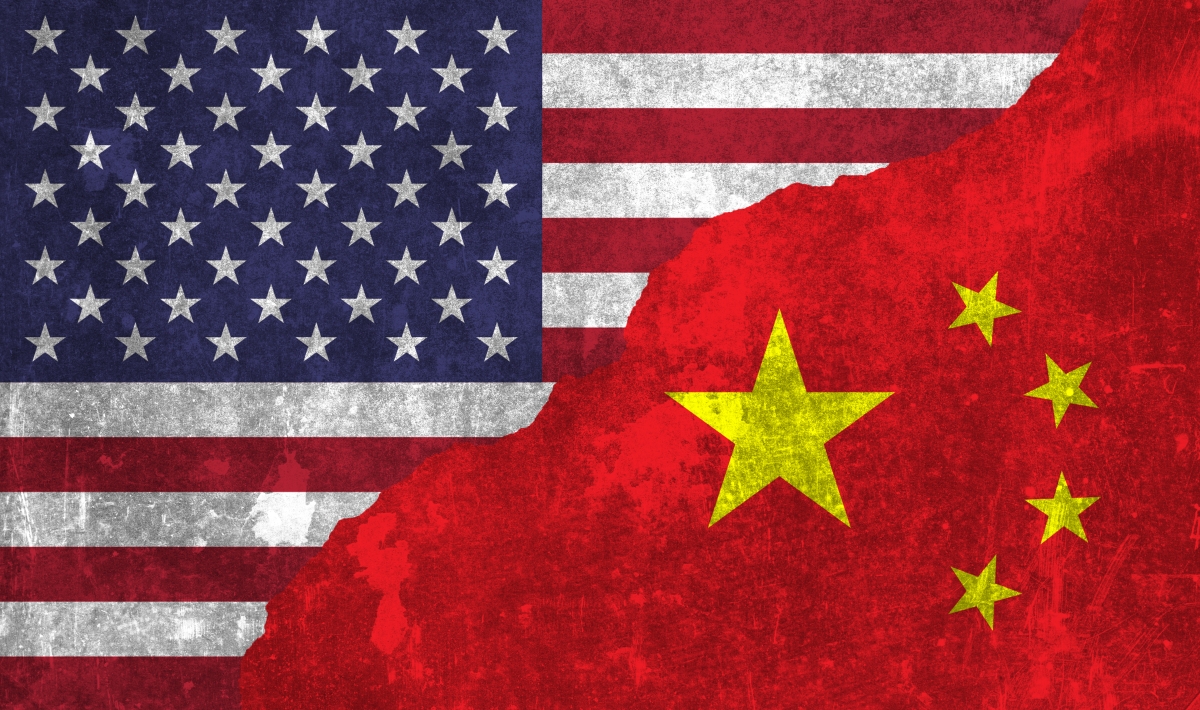The Perils of Estrangement

The following is an excerpt from Jessica Chen Weiss's contribution co-authored with James B. Steinberg to the article in Foreign Affairs titled "What Does America Want From China?". Jessica is a Senior Fellow on Chinese Politics, Foreign Policy, and National Security at the Asia Society Policy Institute's (ASPI) Center for China Analysis (CCA).
The United States faces a major challenge in managing its relations with China, the world’s second-largest economy and military power. The Chinese government does not share the United States’ commitment to liberal democracy, is at odds with many of the United States’ key international partners, and pursues economic policies that harm American workers and companies. Meeting that challenge requires a nuanced understanding of the forces driving China’s external policies and a clear-eyed view of the sources of U.S. strength. The path forward suggested by Pottinger and Gallagher reflects neither. Instead, they offer an illusory appeal to victory, one that will harm the cause of freedom in China, damage Washington’s relations with key U.S. allies, and risk a dangerous confrontation reminiscent of the worst days of the Cold War — a Cold War they enthusiastically embrace.
We share Pottinger and Gallagher’s hope that the Chinese people will one day enjoy greater freedoms and civil liberties. But history has shown that U.S. efforts to bring about change through pressure are as likely to consolidate authoritarian rule as to undermine it. The authors say they are not calling for “forcible regime change, subversion, or war,” because they know that such extreme efforts carry intolerable risks. But their proposed tactics, if taken up by Washington, would ensure the most undesirable outcome: a Chinese leadership unwilling to cooperate on shared concerns but domestically strengthened by appeals to nationalist sentiments in the face of a hostile adversary. Worse yet, the aggressive policies the authors prescribe would alienate important U.S. partners that have no interest in an “us versus them” approach.